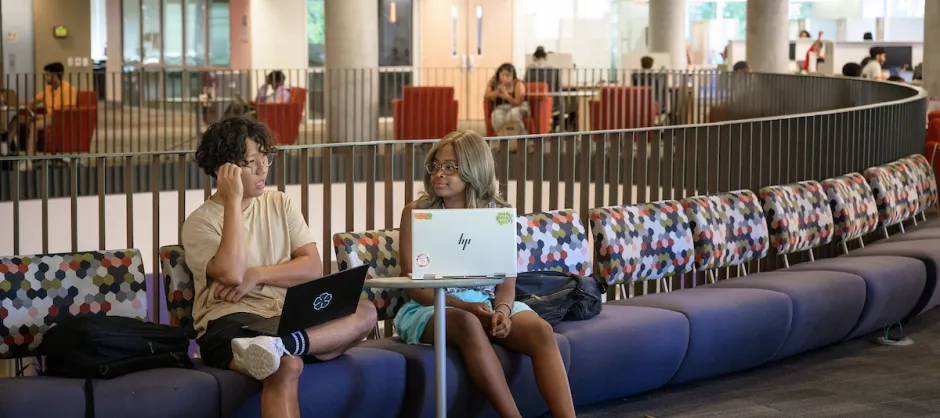
Student Affairs 101 for Campus Ministry
A group of young adults exist on nearly every college campus around the country.
They work obnoxiously long hours, commonly joke about being underpaid, and whose families don’t understand their choice of profession.
I am, of course, referring to the Student Affairs Professional.
As someone who came through the world of Student Affairs before transitioning into campus ministry, I have been profoundly struck by two things:
- these two worlds have remarkable similarities
- there seems to be very little cooperation between them
What is it?
Student Affairs is a relatively new professional field which grew significantly after World War II alongside the massive influx of veterans who began attending universities under the GI Bill. The field grew out of a need for trained professionals who could be available on-campus to tend to the needs of students beyond the classroom.
Generally speaking, Student Affairs attracts individuals who are passionate about student success, extremely hospitable to people of all backgrounds, and are familiar with the struggles that students go through.
Connecting With Student Affairs
As an InterVarsity chapter planter, one of the first things I did on campus was build relationships with members of the Student Affairs Division, who oversee the residence halls and the student organizations.
These relationships have been invaluable as our fledgling little chapter plant at Southern Maine Community College has gained official status after existing for only three weeks. I have been invited to the residence life staff meetings, and I have also been given internet and parking access while on campus.
I realize though that the world of Student Affairs can be foreign and intimidating to those outside of it. While my previous experience in Student Affairs has helped build trust and credibility with these professionals on my campus, I believe any student or staff can find good partners in Student Affairs.
Tips for building partnership with Student Affairs:
- Reach out to the Student Affairs professionals on your campus. This field is frequently overshadowed by the giant of Academic Affairs, and most Student Affairs staff members would jump at the opportunity to share their perspective and experiences. Ask questions like:
- What’s your vision for the optimal student experience at our campus?
- What’s the biggest challenge you face as you work toward your vision?
- What contribution could faith communities make to campus life?
- What’s your understanding of student leadership development?
- What issues/people groups remain underserved on our campus?
- Use the term "residence halls." This may seem like pointless semantics, but the word dorm is a huge taboo for Student Affairs (particularly residence life folks). The term ‘dorms’ is historically associated with cheap, economically efficient housing. Modern ‘residence halls’ are intentionally built to provide healthy living environments for students. This is the current correct term to use on campus. This simple language adjustment will help build credibility with these professionals on your campus.
- Briefly familiarize yourself with the foundational Student Affairs literature. Writers like Arthur Chickering, Vincent Tinto, Vivienne Cass, and Nevitt Sanford (to name a few) explored how students develop through college in the areas of morals, emotional maturity, community transition, and sexuality. Do a quick Google search for these names. You can find helpful summaries on their work. (Writers like Alexander Astin and James Fowler have even done research specifically about the spiritual identity development of college students.)
Both InterVarsity and Student Affairs professionals potentially can become allies on campus. Both nurture students, student health, community, programming, and dialogue. Build relationships with Student Affairs, and you might be surprised how God might use this partnership to benefit your campus work.
Joel Wentz completed his M.A. in Student Affairs Administration from Ball State University in 2010. He worked in Residence Life before transitioning to campus ministry (with InterVarsity Christian Fellowship in 2012). Currently, he is planting a new chapter at Southern Maine Community College. He also loves all things geek culture (especially board games) and a good cup of tea.